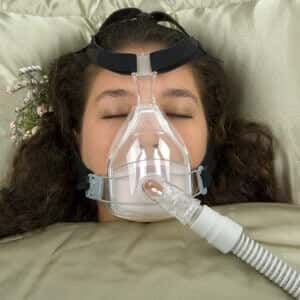
People with sleep apnea frequently stop breathing for several seconds at a time while they are asleep. This condition is often treated with an anti-snoring device, a continuous positive airway pressure (CPAP) machine. It forces air into the airways.
Anti-Snoring Device Doesn’t Prevent Heart Attacks:
Because untreated sleep apnea is associated with a greater risk of hypertension, heart disease and stroke, doctors have assumed that use of a CPAP would help people live longer, healthier lives. But the Sleep Apnea Cardiovascular Endpoints trial has just concluded. It showed that although people are breathing better at night and feel less sleepy during the day, they are no less prone to heart attacks or strokes.
The Study Results:
The study included 2,717 volunteers with cardiovascular disease and lasted almost four years. By that time, 15 percent of the people in the usual care group that served as a control had suffered a heart attack or stroke. In the group using a CPAP anti-snoring device, 17 percent had experienced such cardiovascular events. This difference is not significant.
The authors conclude that CPAP treatment improves mood and quality of life and reduces daytime sleepiness and snoring. It does not, however, appear to lower the likelihood of a serious cardiovascular event.

